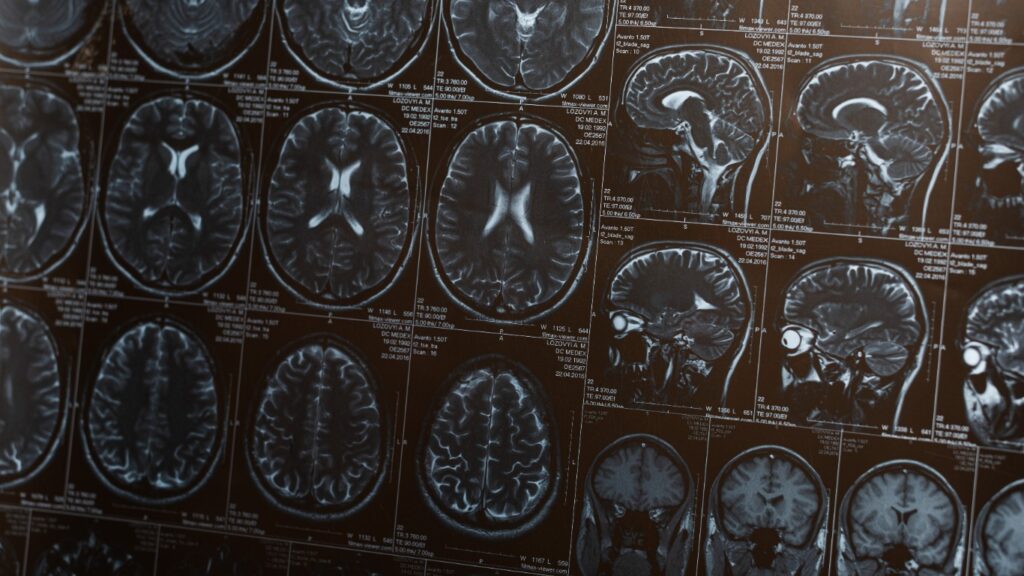Deep brain stimulation has been used as a treatment of neural diseases for over twenty years. This is the case of Parkinson’s disease. The aim of the researcher at the University of Magdeburg Marcus Heldmann is to find new therapeutic targets to treat other disorders such as alcoholism or obsessive-compulsive disorder. He has explained his research on February 8 at a conference in the framework of the IDIBELL seminars.
Heldmann group works on two major research fields. On one hand, they study Parkinson’s disease through neuroimaging and neurogenetics. And on the other, on the recording data on deep brain stimulation in disorders such as alcoholism or obsessive-compulsive disorder with the aim of better defining what the exact brain regions functionally related. “The interest of these data” Heldmann explained “is to refine where to place the electrodes in deep brain stimulation.”
According Heldmann, from these data we can identify what the risks are and what we can expect from treatment results: “The patient must know how it can affect. If within the treatment, exists risk of memory loss, at least they have to know it “.

